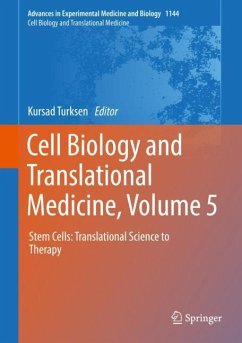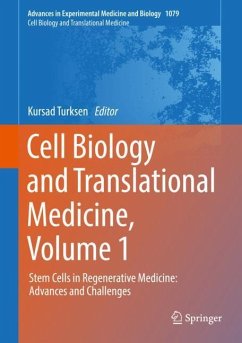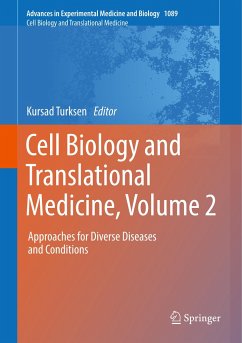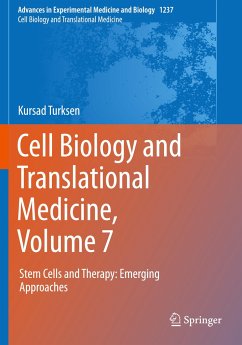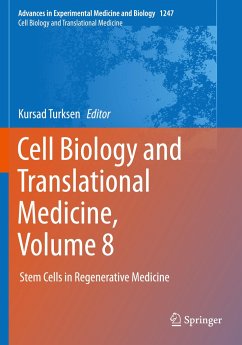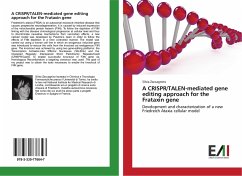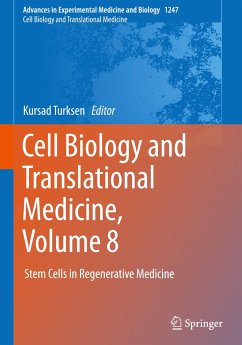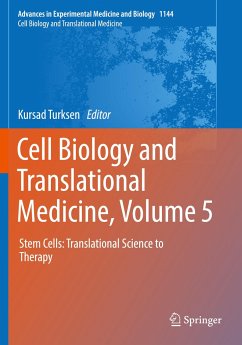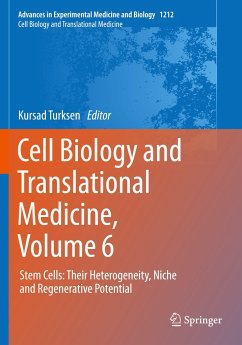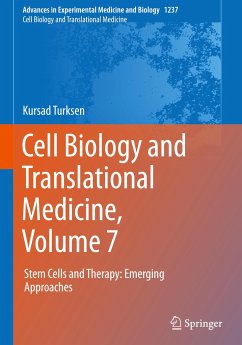
GENE EDITING, CELL AND GENE THERAPY: UNLOCKING THE FUTURE OF MEDICINE
Basic principles in gene editing
Versandkostenfrei!
Versandfertig in 6-10 Tagen
45,99 €
inkl. MwSt.

PAYBACK Punkte
23 °P sammeln!
Gene editing involves making precise alterations to an organism's DNA to correct mutations, deactivate harmful genes, or introduce new genetic material. Techniques like CRISPR-Cas9 enable targeted genetic changes, offering potential treatments for a wide range of conditions, including genetic disorders and cancers. Cell therapy entails transplanting healthy, functional cells into a patient to replace or repair damaged tissues. Stem cells, particularly induced pluripotent stem cells (iPSCs), are commonly used to regenerate tissues and treat diseases such as blood disorders and degenerative cond...
Gene editing involves making precise alterations to an organism's DNA to correct mutations, deactivate harmful genes, or introduce new genetic material. Techniques like CRISPR-Cas9 enable targeted genetic changes, offering potential treatments for a wide range of conditions, including genetic disorders and cancers. Cell therapy entails transplanting healthy, functional cells into a patient to replace or repair damaged tissues. Stem cells, particularly induced pluripotent stem cells (iPSCs), are commonly used to regenerate tissues and treat diseases such as blood disorders and degenerative conditions. Gene therapy aims to treat or prevent diseases by delivering modified or new genes into a patient's cells. Often using viral vectors, therapeutic genes can correct genetic defects, restore missing proteins, or slow disease progression. This approach shows promise in addressing inherited disorders, cancers and rare genetic diseases.





